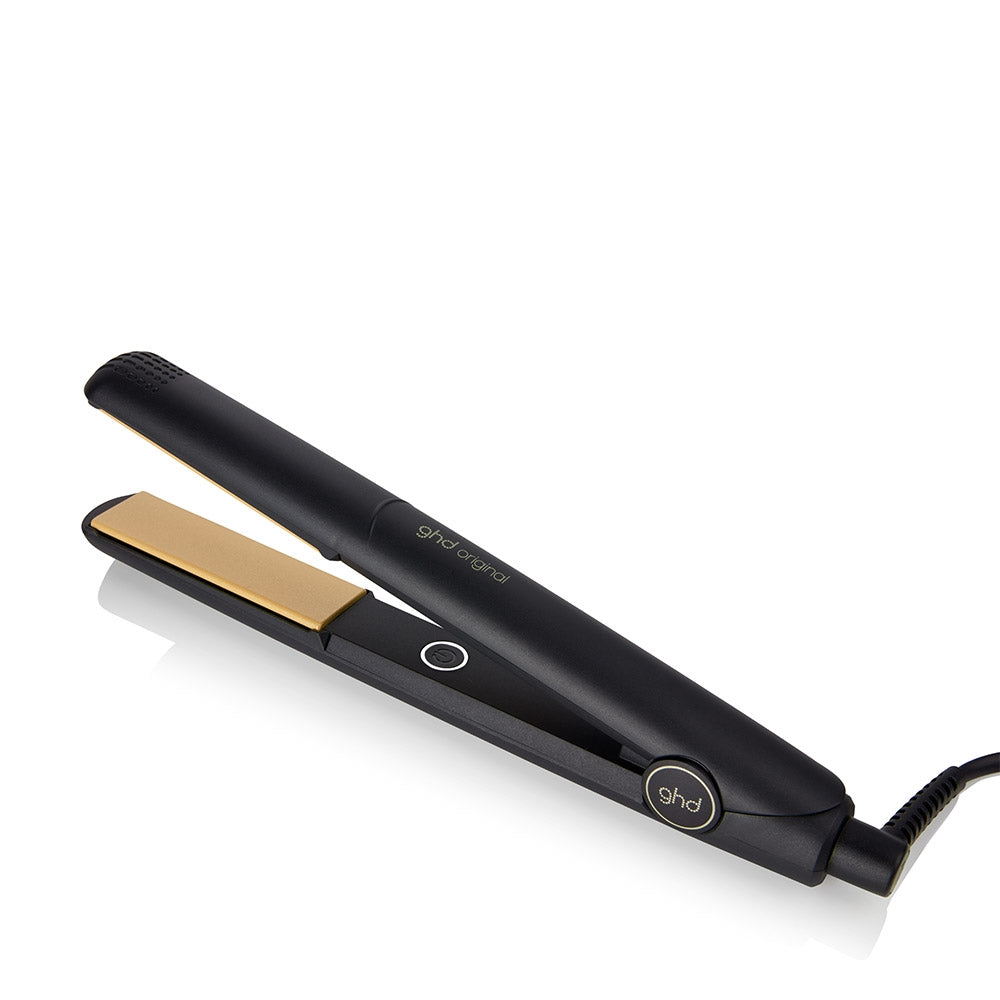During the menopause, some people notice a change in their hair. It may become more brittle and thinner, lack shine, or notice shedding more frequently. There may be more hairs shedding when washed or day to day brushing.
These changes are normal when going through the menopause and there are things you can do to support a healthy scalp and healthy hair.
When does the hair start to become affected?
The perimenopausal stage is normally when people first start to notice the hair being affected. This stage is when the signs of menopause have started, but your menstrual cycle is still taking place. With changes and fluctuations of the menstrual cycle leads to a depletion in Serum Ferritin which indicates your body’s stored iron levels.
Signs and symptoms of menopausal hair
- Your hair appears to have stopped growing
- Your centre parting is getting wider, and your scalp is more visible on the top of your head
- A recession of hair around the temples and front hairline
- A reduction in the thickness and length of each strand of hair
What to do and how to treat
Diet and nutrition
Review your diet and make sure you are eating balanced and healthy foods. Include lots of protein and fruit and vegetables containing important vitamins and nutrients. If these cannot be included in your diet, there are specific supplements that are made for hair or mineral and protein supplements which can support.
Products and tools
Heated tools can influence the hair and it’s shedding. Try and reduce the number of times you use these tools. Make sure you are using a good quality heat protector to shield the hair from any damage if you are using any heated tools on your hair. Doing this alongside using a thickening shampoo and conditioner can improve the overall appearance of the hair.
Treatments
A salon-professional scalp treatment is an effective way to calm and clear the scalp to ensure healthy growth and overall hair health. Speak to your stylist about scalp health so theycan support and offer the best advice.
Exercise
Manage stress and keep it at bay by staying active and have regular exercise. Stress has a negative effect on the hair but making sure you take time out of your day to relax and destress is important.
When to seek help
If you are finding the symptoms of menopause difficult, you should consult with your GP. They can investigate your overall health and talk to you about HRT (Hormone Replacement Therapy).
Do make your Supercuts stylist aware if you are taking HRT medication. Some HRT treatments are not always hair friendly and can exacerbate your hair thinning.
If hair loss is rapid and if there are signs of itching, redness, scaling or suffering with a painful scalp this would need further investigation by your GP or trichologist.
__________________________________
Changes in the hair during the menopause are extremely common. It’s important to note that whilst there are ways to help, not all treatments will reduce all hair shedding. The main factors are diet, lifestyle and haircare. These have the biggest influence on your hair health which can be managed.
Let us know of any changes to your hair so our stylists can offer the best advice.
Some of the content and wording in this advice blog has been provided by leading trichologist and brand partner Eva Proudman FIT IAT
Links to sources:
